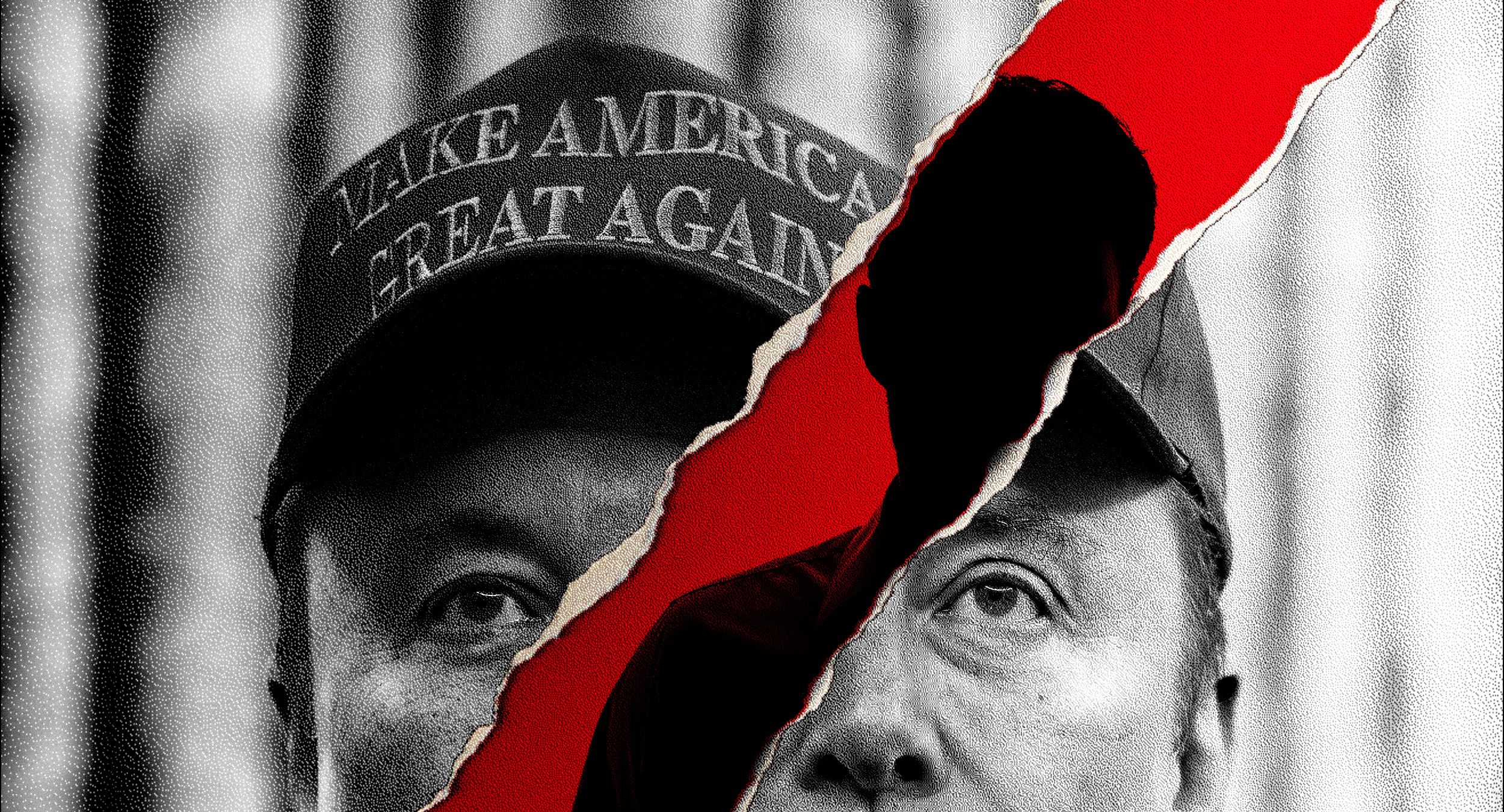With Elon Musk and other leaders of the so-called Department of Government Efficiency (DOGE) purportedly on their way out, WIRED spoke with a fired DOGE staffer about his experience, how the group communicates, who appears to be in charge—and what might be coming next.
Earlier this week, Sahil Lavingia published a blog post on his personal website detailing his 55-day stint within DOGE. Lavingia, who WIRED first identified as a member of DOGE at the Department of Veterans Affairs (VA), is the CEO of Gumroad, a platform that helps creatives sell their work.
In his post, Lavingia describes the kinds of projects he worked on at the VA and his overall impressions of working with DOGE. Lavingia described the DOGE operations as “disorganized,” with little information sharing across different teams.
This could all change soon, as Musk has spent the last few weeks saying that he is going to be largely leaving his DOGE duties behind. Two of his closest lieutenants, Steve Davis and Nicole Hollander, appear to be departing as well. Davis, who has worked with Musk for years, including at X and as the CEO of the Boring Company, has been integral to the day-to-day operations of DOGE.
Without Davis at the helm, Lavingia says, it’s unclear who will lead DOGE—and in what direction.
“Steven was the only person who was across everything,” Lavingia tells WIRED.
Musk, Davis, and Hollander did not reply to WIRED’s requests for comment.
Lavingia told WIRED that Davis appeared to be the person directing most of the DOGE activities at different agencies, and was in direct contact with all the DOGE members at various points. Generally, in Lavingia’s experience, that correspondence happened using the encrypted messaging app Signal.
Experts and lawmakers have previously warned that using Signal for official government communications could violate laws that require government employees to maintain records of all communications. Earlier this year, then national security adviser Mike Waltz accidentally added the editor of The Atlantic to a Signal group chat where Waltz and other senior officials in the Trump administration discussed imminent and sensitive military actions in Yemen.
Davis, Lavingia says, would message priorities to whoever was the DOGE team lead at a given agency. At the VA, Lavingia tells WIRED, Davis instructed the DOGE team to prioritize reviewing contracts for cancellation. Davis would message Lavingia periodically to check in about how his work was going, but would rarely reply to Lavingia’s responses, he says.
According to Lavingia, in late March, Davis was present at a meeting with Musk, called an “E meeting.” Many of the DOGE workers he encountered at that meeting, Lavingia says, appeared mostly focused on executing tasks that Davis had assigned to them.
Two other Musk loyalists, Anthony Armstrong and Baris Akis, were present at the “E meeting.” These three men— Armstrong, Akis, and Davis—appeared to be the people in charge, Lavingia says.
“Steven is basically like a chief of staff or body man when Elon was there,” he says.
Akis, the cofounder and president of venture capital firm Human Capital, is a longtime Musk associate. He is not a US citizen. In February, The Atlantic reported that Trump advisers had prevented Musk from hiring Akis into DOGE because he was born in Turkey, though he has a green card. US legal regulations, The Atlantic noted, generally do not allow for non-Americans to be employed by the government.
Lavingia says, however, that Akis was the person who helped bring him into DOGE, messaging him to let him know that he would be assigned to work at the VA and connecting him with the DOGE team lead for the agency.
Akis did not respond to WIRED�’s request for comment, and WIRED was not able to review messages between Lavingia and Akis. The Atlantic noted in its February report that Akis also did not respond to their request for comment.
In a live recording with the All-In Podcast earlier this month, Antonio Gracias, another Musk ally and a known DOGE affiliate, appeared to confirm Akis’ presence and said that “Baris and Emily do the recruiting” for DOGE. (Lavingia could not confirm who the mention of “Emily” referred to in the podcast.)
Armstrong, who helped advise Musk on his purchase of Twitter, has mostly focused his efforts at the Office of Personnel Management (OPM), one of the first departments taken over by DOGE.
Davis has long been an important part of Musk’s inner circle. When Musk took over Twitter in 2022, Davis and his partner, Hollander, slept in the company’s offices with their newborn child as they helped Musk fire thousands of people and shrink the company’s footprint. Hollander also joined Davis in the DOGE effort, working at the General Service Administration. Even before Trump took office, Davis led the recruitment efforts for DOGE, then based out of SpaceX’s DC offices. He recruited one young engineer who is now running a “DOGE orthogonal” AI startup, according to previous WIRED reporting. Davis was also instrumental in pressing for access to sensitive data at the Social Security Administration (SSA) for one of the group’s young engineers, Akash Bobba.
Musk and Davis were what is known as special government employees, who are able to work in government for a limited period of time, up to 130 days. In his blog post, Lavingia writes that DOGE was a way for the Trump administration to distance itself from otherwise unpopular decisions. “In reality, DOGE had no direct authority. The real decisions came from the agency heads appointed by President Trump, who were wise to let DOGE act as the ‘fall guy’ for unpopular decisions,” he wrote on his website earlier this week.
Without Musk and Davis, Lavingia says he has “no idea” what direction DOGE will take. And as for the young engineers who followed Musk and Davis into government: “I assume they’ll leave soon too.”




